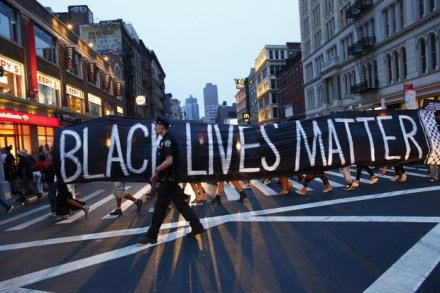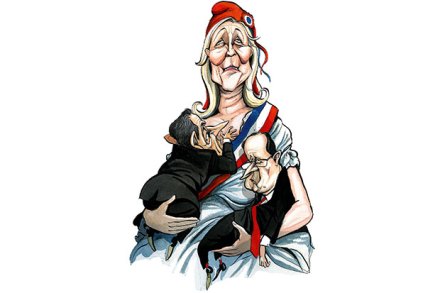High life | 17 November 2016
New York The only thing worse than a sore loser, I suppose, is a sore winner, but thank God we don’t run into too many of those. Thirty years ago, The Spectator and I lost a libel case that cost the then proprietor and yours truly a small fortune. As it turned out, after the plaintiff had gone to that sauna-like place below, everything that I had written was the truth and nothing but. (The hubby of the woman who sued me came clean after her death, but a lot of good that did the Speccie and me.) The sainted editor at the time was Charles Moore, and in





















